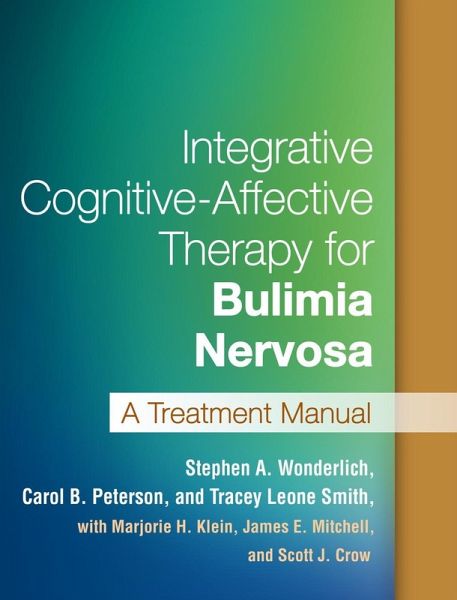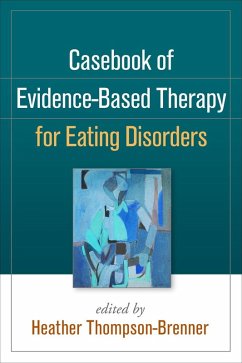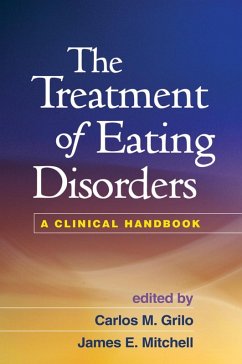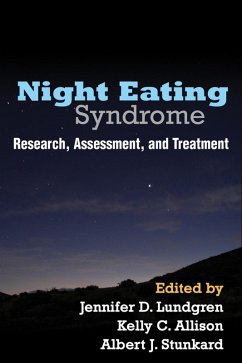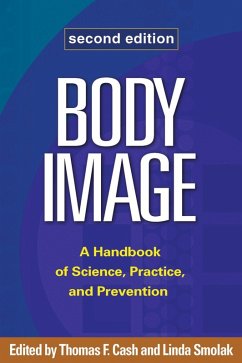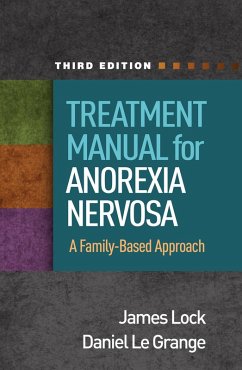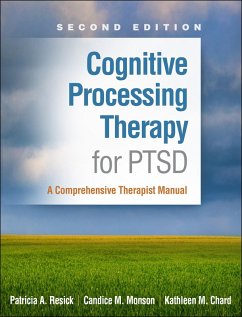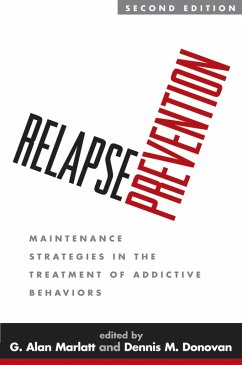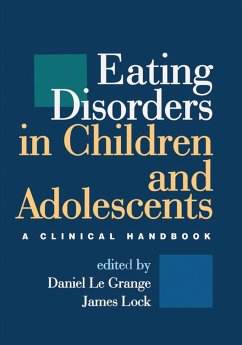Stephen A. Wonderlich, PhD, is the Chester Fritz Distinguished University Professor in the Department of Clinical Neuroscience at the University of North Dakota School of Medicine and Health Sciences and Director of Clinical Research at the Neuropsychiatric Research Institute. He is also Chairperson of the Eating Disorder Department at Sanford Health in Fargo, North Dakota. Past president of the Academy for Eating Disorders, he is a recipient of the Leadership Award in Research from the Academy for Eating Disorders and the Price Family Award for Research Excellence from the National Eating Disorders Association. Dr. Wonderlich's research interests include the development of new treatments for individuals with eating disorders and the identification of factors that either maintain or increase the risk for eating disorders. Widely published, he serves on several journal editorial boards and has written or edited seven books. Carol B. Peterson, PhD, is Associate Professor in the Department of Psychiatry and Adjunct Assistant Professor in the Department of Psychology at the University of Minnesota. She is a Fellow of the Academy for Eating Disorders and a member of the editorial board of the International Journal of Eating Disorders. Dr. Peterson's research focuses on the assessment, diagnosis, and treatment of eating disorders, particularly psychotherapy treatment outcome studies. She also maintains a clinical practice and serves as Training Director at the Emily Program, an eating disorders treatment center. Tracey Leone Smith, PhD, is Associate Professor in the Menninger Department of Psychiatry and Behavioral Sciences at Baylor College of Medicine in Houston. She serves as Psychotherapy Coordinator in Mental Health Services at the Department of Veterans Affairs Central Office. Dr. Smith's research has broadly focused on psychotherapy research, personality disorders, and the interpersonal processes that contribute to the etiology and treatment of mental health problems. Marjorie H. Klein, PhD, is Professor of Psychiatry (Emeritus) in the Department of Psychiatry at the University of Wisconsin Medical School and in the Women's Studies Program at the University of Wisconsin. Her research has focused primarily on psychotherapy process and outcome research. She has developed methods for assessing patient experiential involvement and change in psychotherapy and measures for personality disorders and personality change. Other research has focused on the role of stress in family functioning and child development. Dr. Klein has published more than 100 journal articles and three books, has given more than 130 presentations, and has served on the editorial boards of seven journals, including the Journal of Psychotherapy Practice and Research and the Journal of Personality Disorders. James E. Mitchell, MD, is the NRI/Lee A. Christoferson MD Professor and Chair of the Department of Clinical Neuroscience at the University of North Dakota School of Medicine and Health Sciences. He is also the Chester Fritz Distinguished University Professor and serves as president and Scientific Director of the Neuropsychiatric Research Institute. Dr. Mitchell's research focuses on eating disorders, obesity, and bariatric surgery. Past president of the Academy for Eating Disorders and the Eating Disorders Research Society, he has received the Lifetime Achievement Award for Research in Eating Disorders from the Academy for Eating Disorders, the Award for Research Leadership from the National Eating Disorders Coalition, and the Research Award from the Eating Disorders Research Society. He serves on the editorial boards of the International Journal of Eating Disorders and Surgery for Obesity and Related Diseases, has written over 500 scientific articles, and is author, coauthor, or editor of 19 books. Scott J. Crow, MD, is Professor of Psychiatry at the University of Minnesota and Director of Research at the Emily Program. He is also Program Director for the Midwest Regional Postdoctoral Training Program in Eating Disorders Research. Dr. Crow's research focuses on eating disorders and obesity. Past president of the Academy for Eating Disorders, he is Editor-in-Chief of Eating Disorders Review. He has written over 200 scientific articles in the fields of eating disorders and obesity.
